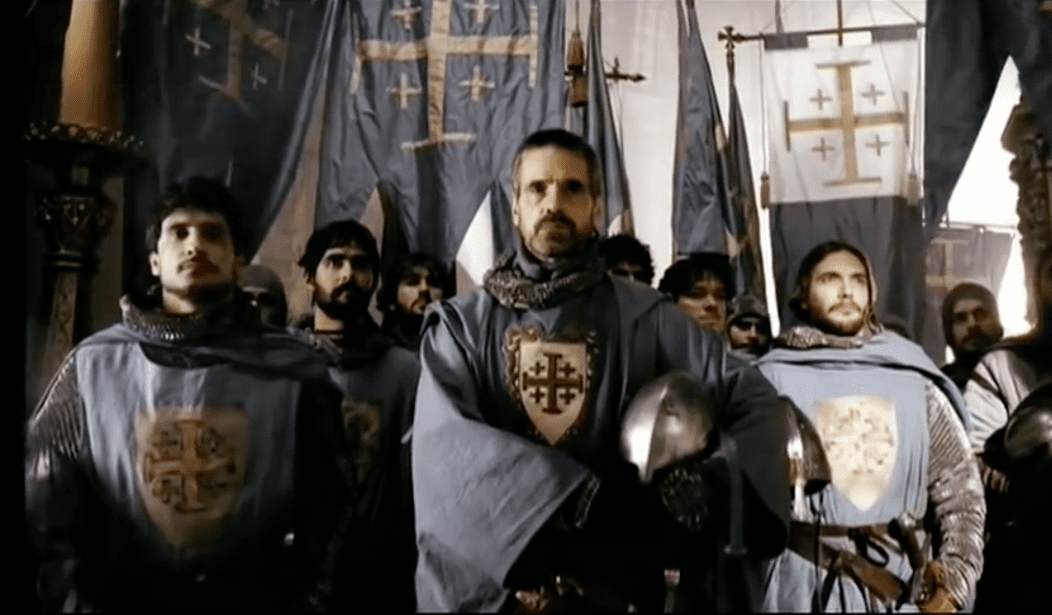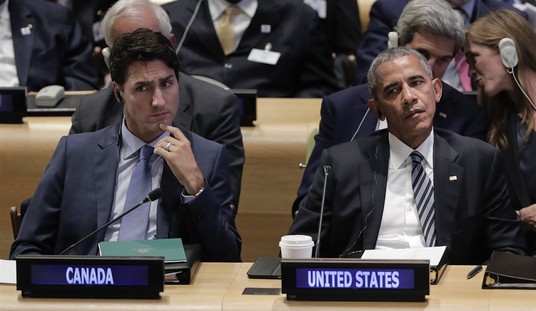I used to believe the Crusades were launched by imperialistic, colonizing, hell-raising European gangbangers in armor, who only wanted to loot, rape, and murder their way across Europe and the Middle East. And, of course, they used religion to justify their actions.
Well, over the years, I have changed that idea somewhat. Because of history. Facts just got in the way. Yes, there was plenty of murder, mayhem, and injustice to go around. Yes, plenty of the European knights were not as innocent as the wind-driven snow (same goes for the Muslim warriors), but there is another side to the story.
I am not Roman Catholic; I have been a Protestant pastor for almost 30 years now. So I am not an apologist for either side. But the story I have been uncovering is different from the official drivel you will often hear in popular media.
I have found 6 good things, or virtues of the Crusades and Crusaders, and 3 bad things or vices.
1. The Crusaders were not “imperialists.”
The motivation of the European armies in the Holy Land was not colonization. Only the First Crusade was actually successful. They achieved their goal: capturing Jerusalem. When they did that, most of the knights went home, without riches or lands in Israel. They left only a skeleton force to guard what they had conquered.
They were not interested in staying there — which would have involved constantly fighting off Islamic armies — or in governing an area that was so unlike their own homelands.
2. The Crusaders were rescuers.
The main motivation for the First Crusade was that the Byzantine Emperor Alexius I Comnenus (the Emperor of the Eastern Roman Empire) had asked for help from his fellow Christians in Western Europe. Christian churches were being desecrated by the latest invaders (Seljuk Turks) and Christian pilgrims were being murdered and otherwise persecuted.
When the Pope heard about this, he figured it would be a noble thing for the people under his authority to go and help their brethren in the East. For many people in Western Europe, the First Crusade was considered a rescue operation to help defenseless people. It was an act of highest piety. That is how they saw it.
3. The Crusaders were sacrificial.
The European knights and their followers, by and large, did not see themselves as likely to become fabulously rich off this enterprise. They sacrificed time, safety, and treasure. It is indeed expensive to maintain a knight and his horse with their weaponry, armor, and accoutrements. It would be a very dangerous trek across Asia Minor to get to Israel.
Many barons either borrowed money from relatives or sold lands to raise the cash. Many simply went broke and even deeply into debt.
Next Page: But weren’t the Crusaders hateful and intolerant? Actually, no.
4. The Crusaders were (somewhat) tolerant.
Once the Crusaders conquered Israel and renamed it “The Latin Kingdom of Jerusalem,” they did not force anyone to become Christians. Yep, you read that right. These Catholics did not compel Muslims or Jews or Orthodox Christians to bow down to their theology. They allowed all to freely practice their faith. Likewise, there were instances in which the Muslims allowed Christians and Jews to practice their faiths, within the confines of their places of worship and homes.
5. The Crusades were a defensive war.
The Crusaders also saw their actions as a defensive war. “Christendom” had been attacked by Islamic armies for over 400 years with hardly a response from the Europeans. North Africa had been a bastion of Christianity. Same for Israel, Syria, and what is now Turkey.
Muslim armies conquered almost all of Spain, invaded France (stopped by Charles Martel at the Battle of Tours) and even raided the outskirts of the city of Rome in the year 846! Finally, in 1095, Pope Urban II preached the sermon that launched the First Crusade. Over the next two hundred years, the Europeans would send thousands of soldiers in usually badly coordinated, piecemeal attacks to push back Muslim armies in Israel, Syria, and Egypt. They did not have the desire, plans, or military might to roll up the vast swath of Islamic territory outside those areas.
6. The Crusaders were protecting Europe.
The Crusades did slow down the advance of Islam into Europe. And I think that is a VERY good thing! The armies of Islam (under the leadership of the Turks) did “pick up steam” after the Crusades petered out in the 13th century, invaded what was left of the Byzantine Empire, and finally conquered it in 1453.
However, the memory of the Crusades in Europe lingered; the Europeans knew that they could definitely overcome many of their nationalistic hurdles and put together a united military to stop the Muslim invasion. They slowed down the Turks at the Battle of Lepanto with a decisive naval victory in 1571. But it was not until 1683 that a combined European army finally crushed the Turks at the Battle of Vienna and ended the threat of an Islamic invasion of Europe (until recently).
Next Page: What I think was terribly wrong about the Crusades.
1. Crusading does NOT get you into heaven.
When discussing the evils of the Crusades, at the top of the list is the whole idea of trying to gain favor from God in order to secure your salvation by going to war. This notion of trying to attain some foothold on salvation by our efforts or best intentions is entirely foreign to the Gospel as revealed in the New Testament. The thief on the cross was saved by Jesus entirely by the grace of God. He had done nothing to commend himself at all, but he cried out to Jesus, and the Lord saved him.
That thief is a picture of us all, and a picture of how any of us are saved (Luke 23:29-43). Jesus tells His disciples in John 5:24 that when they believe in Him they have eternal life, they will never be condemned, and they have already passed from death to life. The Apostle Paul, throughout his epistles, confirms that salvation is entirely apart from our good works or performance (Romans 4:1-6). Such is the consistent testimony throughout the New Testament.
Jesus and the Apostles never taught that forgiveness or the granting of eternal life can be attained in any way by going to war, no matter how pure one’s motives might be.
2. God does not promise physical rewards.
2. No physical rewards today. As a corollary to that, the Lord promises NO lands to His Church today. We are pilgrims and strangers in this world. We are looking for a heavenly Jerusalem whose builder and maker is God (Hebrews 12:22, 23; 11:10). Conquest for Christians today is to be done entirely through peaceful evangelism. You never see Jesus and the Apostles proselytizing through compulsion or conquering nations by fire and sword.
3. The Crusades caused unexpected tragedies.
The misguided religious fervor of those days created several human disasters.
The so-called “Children’s Crusades” (one led by the German boy Nicholas and the other by the French boy Stephen) stand out as colossal failures. Although they were never organized or promoted by the Catholic Church, the end result was that the seas did not open up for these crowds, some of the kids were sold into slavery in Egypt, some just went home, and others joined other crusades. These sad episodes remind me of Romans 10:1-4, where Paul says that although certain people had a zeal toward God, it was not according to knowledge.
And then you have religious fervor that turns really bad — as in inspiring murder. During the First Crusade, as knights were gathering in Europe, plenty of them decided to loot, rape, and murder their way through German towns along the Rhine. In most cases, the victims were Jewish families who simply had nothing to fight with against these armored thugs. Catholic bishops tried to protect the Jews, but, as happened in the city of Mainz, the knights just stormed the bishop’s palace and slaughtered everyone.
Once the knights broke through the walls of Jerusalem, they did indeed massacre several thousand men, women, and children of both Islamic and Jewish faiths. Yes, I know that in medieval times it was customary to offer terms of peace to the people of besieged cities, and if the terms were rejected, then all bets were off. The inhabitants were all legitimate targets. But supposedly the knights were “pious” Christians. I see very little in their behavior that resembles the teachings of Jesus Christ.
The Crusades are a vastly misunderstood and understudied subject. In order to better understand the Middle East, Europe, and the Crusades, I think it would be important to get sources by authors who have actually done the hard work and have read the primary documents of that age. One book that really helped me was Dr. Thomas Madden’s book The New Concise History of the Crusades. He is quite a scholar of medieval history, his books read like novels, and he does not bow down to “political correctness.” In fact, ALL of his books are excellent reads. Get ’em. You’ll enjoy ’em.








Join the conversation as a VIP Member